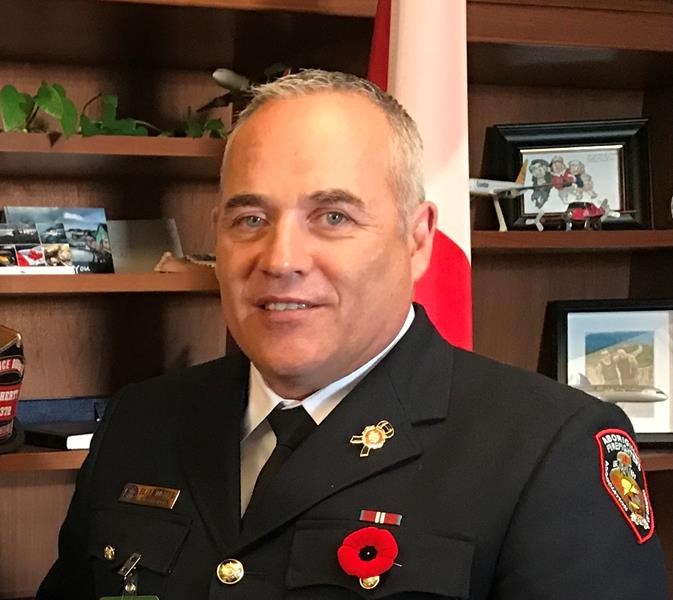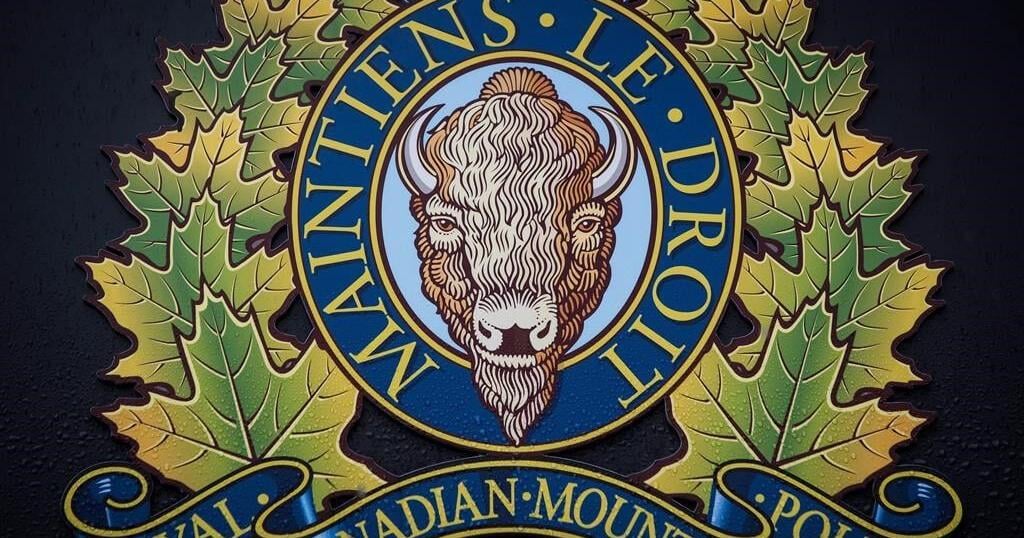OTTAWA — There is no way to enforce building or fire codes on First Nations and pursuing a legislative fix would require significant time and money, federal officials warn in an internal briefing document.
But Blaine Wiggins, the senior director of the Indigenous Fire Marshals Service, said that enforcement gap has “catastrophic” consequences.
House fires have long posed a major safety risk to those living on reserve, with several children dying in blazes that broke out in communities earlier this year in southern Alberta and northern Ontario.
Indigenous leaders and experts tie the high number of deadly house fires on reserves to a lack of proper housing and overcrowding, as well as insufficient funding and education around fire protection.
Both the Canadian Association of Fire Chiefs and Aboriginal Firefighters Association of Canada have called on Ottawa to pass legislation to apply building and fire codes to First Nations communities, and mandate inspections.
But a briefing document prepared for the deputy minister of Indigenous Services Canada says there is currently no way to enforce provincial or national building or fire codes for buildings on reserves.
The document, which was obtained by The Canadian Press through an access-to-information request, says the department can make sure the infrastructure it funds adheres to such codes but the only other enforcement option for individual First Nations is by passing “ad hoc bylaws.”
“While there is a long-standing recognition of the need to address compliance with respect to building and fire codes for other infrastructure and housing, there is not broad support for an approach for enforcing on-reserve building and fire code,” officials said.
Provincial fire services can condemn a building off-reserve if they feel it puts the lives of people inside in danger but that is more complex for on-reserve structures, the document said.
“As most fire deaths occur in residential buildings, enacting a similar approach to on-reserve communities would mean that First Nations individuals could be restricted from accessing their own property on First Nation land,” officials said in the briefing note.
“Such an approach requires careful consideration and would require significant consultation.”
Wiggins says whether it’s new legislation or a bylaw a First Nation has enacted, the government must provide the necessary funding and resources to ensure these standards can be met.
“There’s concern within the First Nations leadership, just like with other legislation, once legislation is put in place the federal government hasn’t funded it properly, so hence it’s failed,” he said.
The briefing document appears to show federal bureaucrats feel the same. Fire protection, the officials said, isn’t legislated as an essential service, and efforts underway to designate First Nations policing as essential have a high cost.
“A legislative approach to fire protection would likely follow a similar path requiring early and significant commitments to funding and program,” the document reads.
A spokesperson for Indigenous Services Minister Patty Hajdu said in a statement that the government is not planning to legislate fire protection after consulting First Nations partners and communities.
“It was determined that legislation would not be the best approach at this time. Rather, the focus should remain on identifying and understanding the gaps that currently exist and working to close them together,” the statement read.
“Should legislation be identified as a priority by Indigenous leadership at a future point, the federal government will be receptive to this advice and is open to working collaboratively.”
The Department of Indigenous Services is currently working with the Assembly of First Nations to roll out a new fire protection strategy to improve the use of fire codes.
In 2021, the Ontario chief coroner said in a report on fire deaths on First Nations that there is “jurisdictional neglect.”
That review, which followed several fatal fires on Ontario reserves, said because First Nations lands are regulated by the federal Indian Act, provincial buildings codes generally don’t apply and First Nations often end up falling through the cracks.
“Disputes between federal and provincial governments over their respective jurisdictions has contributed to chronic underfunding and fragmented and inadequate services being delivered to Indigenous communities,” the review concluded.
It also said most fatal fires on First Nations happened in a home missing a smoke alarm, or had one that didn’t work.
That’s one area where Wiggins believes Ottawa must take action.
“Every jurisdiction is legally required to have a smoke alarm at home … except First Nations,” he said. “First Nations are not required by any legislation to have that simple tool.
“We’ve asked the federal government, just pass the legislation that says you have to working smoke alarms in a home … nothing anything more complicated than that and then give us the mandate to help every community meet that.”
This report by The Canadian Press was first published Oct. 5, 2022.
Stephanie Taylor, The Canadian Press
Related


































